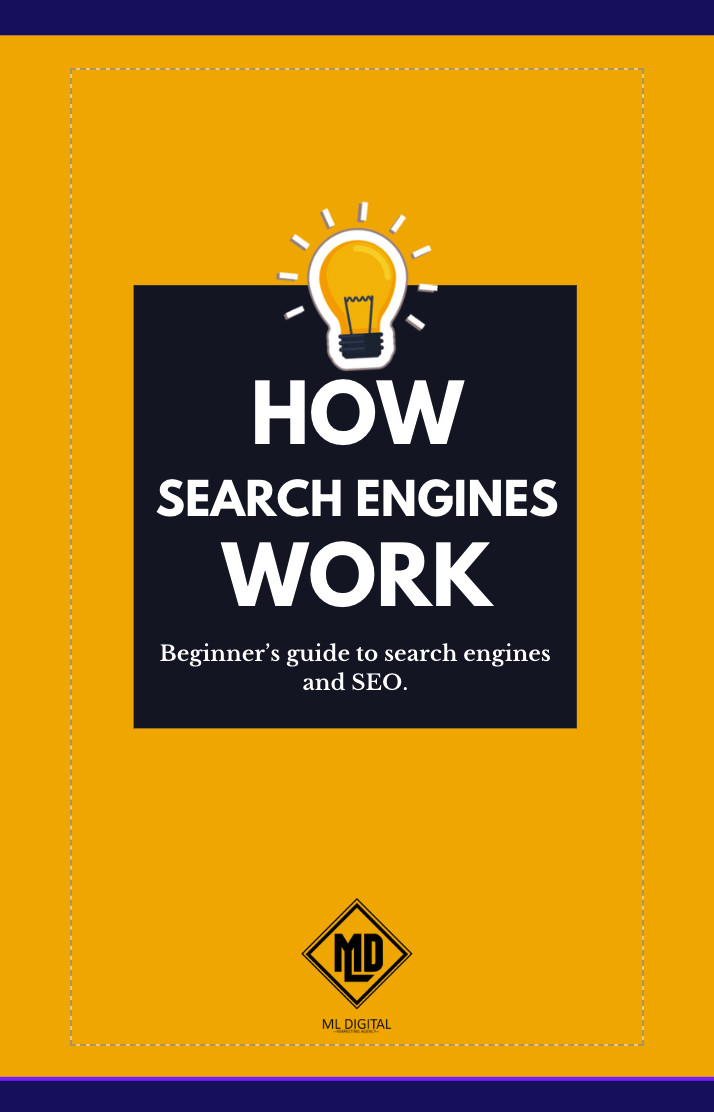How Do Search Engines Find Things? A Guide to Search Engine Discovery
Ever wondered how Google always seems to know exactly what you’re looking for? Whether it’s “best coffee shop near me” or “how do search engines find things?” – the magic lies in the complex process that search engine use to find, organize, and rank information. Let’s break down how search engines work and how you can optimize your website to be discovered more easily.
Understanding How Search Engines Work
What Happens When You Search for Something Online?
The moment you type a query into a search engine, an intricate process unfolds behind the scenes. The search engine doesn’t actually scour the web in real-time. Instead, it retrieves information from a vast, pre-existing index—a massive library of webpages that have already been analyzed and stored. This is why results appear almost instantly.
Search engines use search algorithms, which are like secret recipes, to determine which pages are the most relevant to your query. These algorithms consider hundreds of ranking factors, including keyword optimization, backlinks, and user experience. The better a page meets these criteria, the higher it appears in the search engine results.
The Role of Search Engine Bots in Finding Web Pages
Meet the unsung heroes of search engines: bots (also known as spiders or crawlers). These digital explorers constantly scan the web, hopping from link to link to discover new and updated pages. Think of them as tireless librarians who collect and categorize information for future use.
When these bots find your website, they assess its content, structure, and relevance to different queries. If your website isn’t easy to navigate or lacks keyword optimization, bots might struggle to understand its purpose, which can affect your ranking in search engine results.
Why Search Engine Indexing Matters for Website Visibility
If web crawling is about discovering content, indexing is about storing and organizing it. Once a bot analyzes a webpage, the search engine decides whether it should be included in its index. If a page isn’t indexed, it’s practically invisible online.
To increase your chances of getting indexed, ensure your website follows SEO best practices. This includes using clear headings, relevant keywords, and an easy-to-follow site structure. Website indexing is crucial if you want search engines to recognize and display your content.
The Key Processes Behind Search Engine Discovery
Web Crawling – How Search Engines Explore the Internet
Imagine a digital spider weaving its way through the web, following links to find new pages. That’s exactly what web crawling does. Search engine bots visit known pages, follow hyperlinks, and gather data about new or updated content.
Websites with strong internal linking help crawlers navigate more efficiently. If your site is a labyrinth of broken links and orphan pages (pages with no internal links pointing to them), crawlers might abandon their mission before discovering all your content.
Indexing – Organizing and Storing Website Data
Once crawlers find a page, the next step is indexing. The search engine analyzes the page’s content, structure, and multimedia elements before adding it to its index. This process ensures that when someone searches for relevant terms, the page is available as a potential result.
Duplicate content, poor site structure, or missing metadata can prevent proper indexing. Make sure every page on your site is unique, relevant, and valuable to visitors.
Ranking – Determining the Best Results for a Query
Once indexed, your website enters a ranking battle. Google’s search algorithm evaluates factors like page relevance, keyword optimization, backlinks, and user experience to decide which pages appear at the top of the search engine results.
To improve SEO ranking, focus on producing high-quality, keyword-rich content, earning authoritative backlinks, and optimizing technical SEO aspects like page speed and mobile-friendliness.
Factors That Affect How Search Engines Find Your Website
The Importance of Keywords and On-Page SEO
Keywords act as signals to search engines, helping them understand your page’s topic. However, stuffing keywords unnaturally can backfire. Instead, use keyword optimization techniques like incorporating keywords naturally in headings, meta descriptions, and body text.
Backlinks and How They Boost Search Engine Trust
Backlinks are like digital recommendations. When reputable websites link to your content, search engines view your site as more trustworthy, improving its ranking. Acquiring high-quality backlinks through guest blogging, partnerships, and valuable content creation can significantly boost your SEO performance.
Site Speed, Mobile-Friendliness, and Other Technical SEO Factors
Slow websites frustrate users, and Google knows it. A sluggish page speed can hurt your rankings. Similarly, mobile-friendliness is a key ranking factor—if your site isn’t optimized for smartphones, you’re missing out on traffic and ranking potential.
How to Optimize Your Website for Better Search Visibility
Creating High-Quality, Search-Optimized Content
Content is king, but quality content is the emperor. Engaging, informative, and well-structured content increases dwell time and reduces bounce rates, signaling to search engines that your page is valuable.
Leveraging Internal Links for Better Indexing
Strategic internal linking helps distribute page authority and guides crawlers through your site. This enhances website indexing and improves your SEO ranking.
Submitting Your Website to Search Engines – A Must-Do Step
While search engines eventually discover most sites, manually submitting your website through platforms like Google Search Console can speed up the indexing process. This also helps you identify and fix potential indexing issues.
Final Thoughts on Search Engine Discovery and SEO
Key Takeaways for Improving Your Website’s Search Presence
- Search engines rely on web crawling, indexing, and ranking to find content.
- SEO ranking is influenced by keyword optimization, backlinks, and technical SEO.
- High-quality content, proper internal linking, and mobile optimization improve search visibility.
Next Steps – How to Keep Up with Search Engine Updates
Search algorithms change frequently. Staying informed about Google updates, adapting your SEO strategy, and continuously improving your content are crucial for long-term success.
Ready to Improve Your SEO? Get Started Today!
Want to make sure your website is easily found by search engines? We can help! Contact us for a free consultation and let’s boost your search visibility together!
FAQs
How often do search engines update their rankings?
- Search engines update their rankings frequently, sometimes daily, with major algorithm updates occurring several times a year.
Do search engines prioritize paid ads over organic results?
- Yes, paid ads appear at the top, but organic search rankings are determined by SEO factors like relevance and authority.
Can a new website get indexed immediately?
- While it can take weeks for a new site to be indexed, submitting it to Google Search Console can speed up the process.
Does social media impact search rankings?
- Social signals don’t directly affect rankings, but strong social engagement can drive traffic, which may improve SEO.
What is the biggest mistake that can hurt a website’s SEO?
- Ignoring technical SEO, using duplicate content, and neglecting mobile-friendliness are major SEO mistakes.









